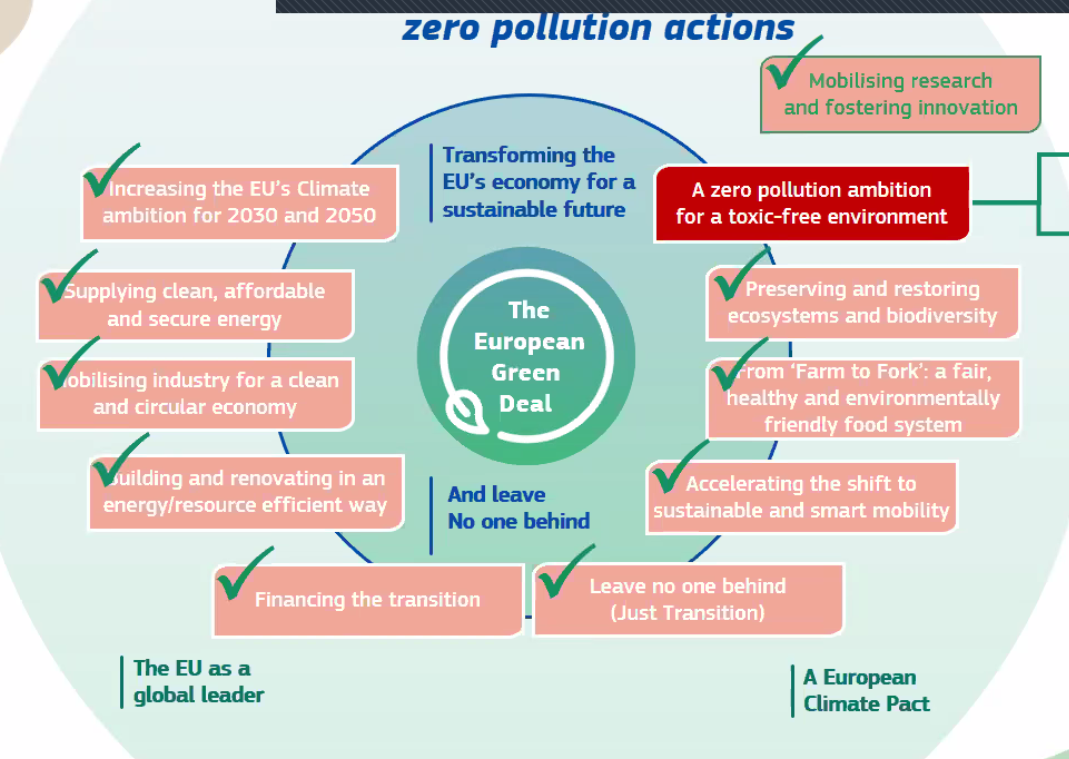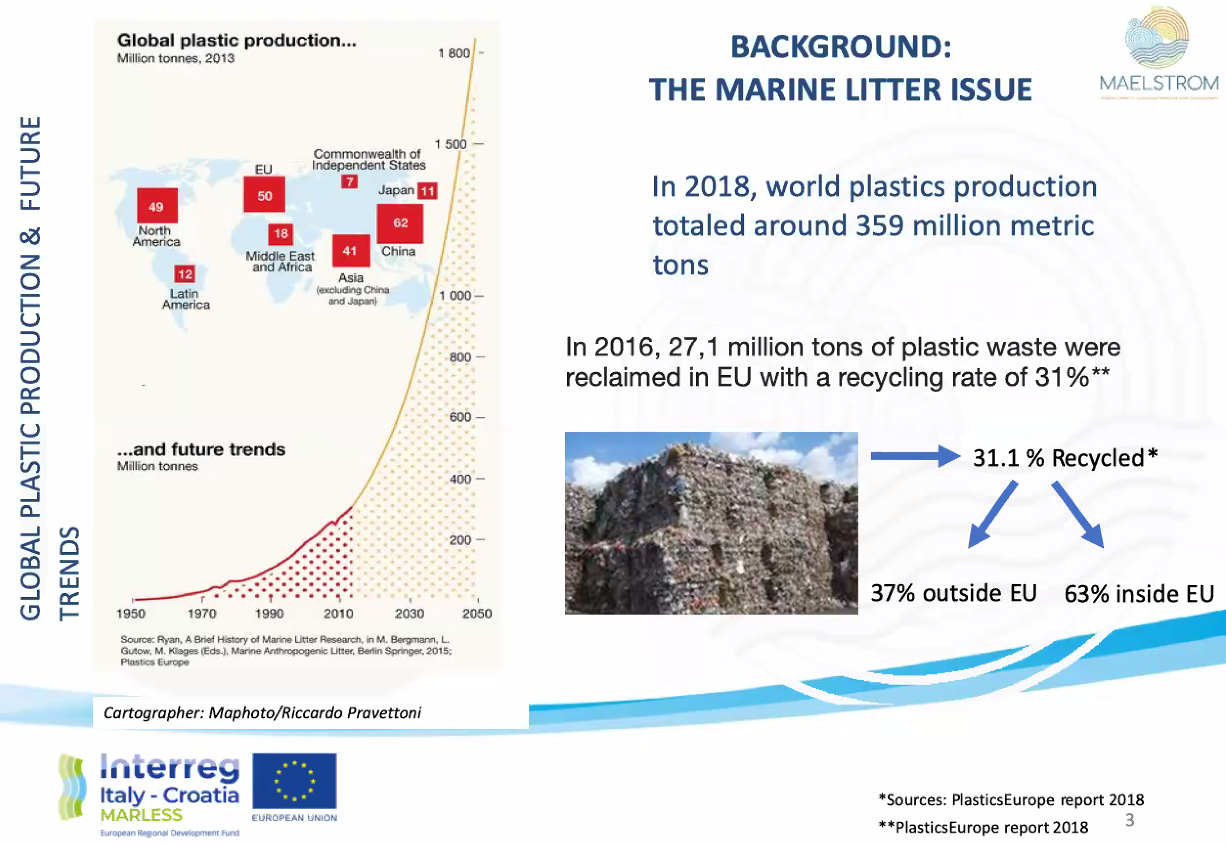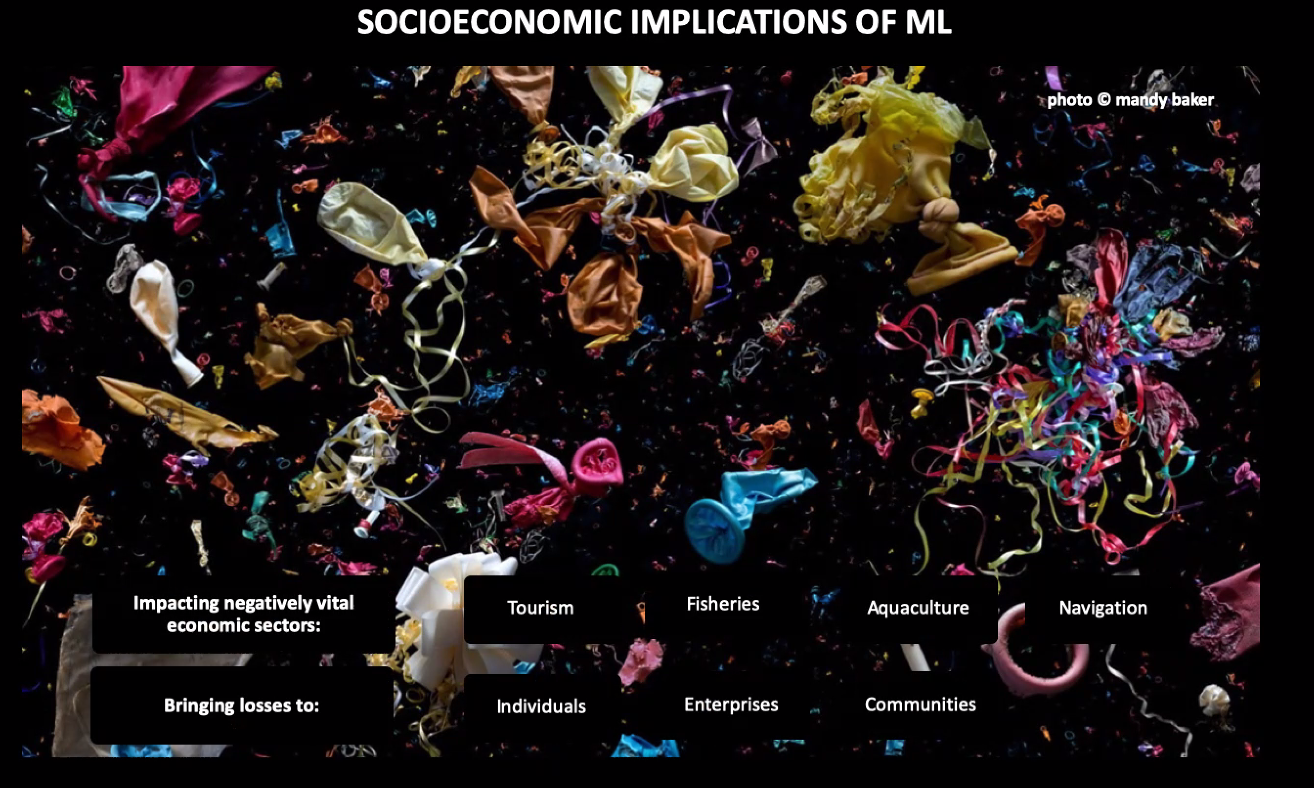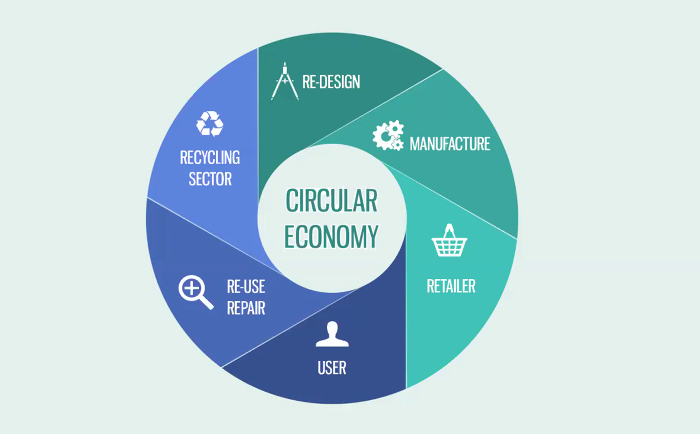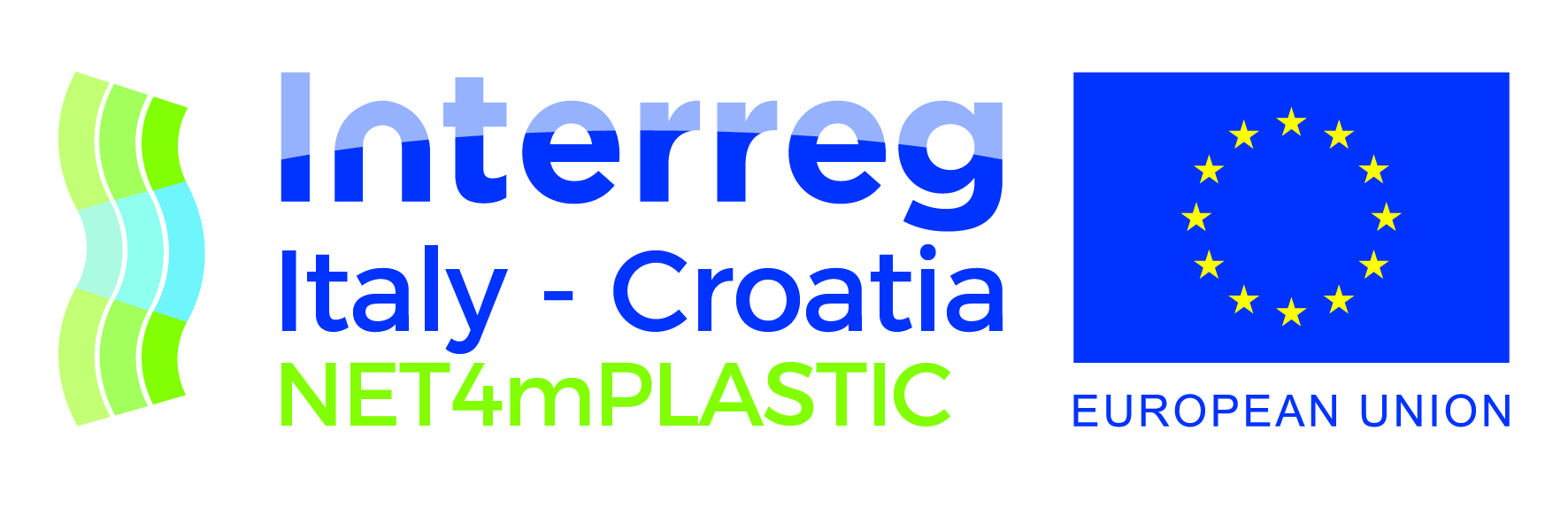Event was opened by Fabio Scoccimarro, Regional minister for environment, energy and sustainable development - Autonomous Region Friuli Venezia Giulia who pointed out that the theme of plastic, of its dispersion into the environment, of its recycling, is a deeply felt topic by the Friuli Venezia Giulia Region which has promoted numerous projects and that the cross-border commitment shared with Croatia, in the protection of environmental and marine conditions, will allow the protection of the coastal system of the Adriatic, promoting good practices and, as we hopefully, sensitizing citizens, residents and tourists to keep the attention towards a resource as precious as the sea. Opening session was continued by Elizabeta Kos, Director of the Water Management and Marine Protection Directorate - Croatian Ministry of Economy and Sustainable Development, who also stressed the importance of cross-border cooperation. Welcome was finalized by Pietro Cecchinato, representative of Interreg Italy-Croatia Managing authority, who talked about how programme finances multiple projects that are focused on environmental issues and that project MARLESS is very important because it the only strategic Italy-Croatia project which is focused on the thematic of marine litter.
Program was started by Andrea Torresan from ARPA Veneto, who presented project MARLESS and its most important objectives and activities.
Silvia Bartolini, Head of Unit Marine Environment and Water Industry in European Commission, talked about vision of EU and their focus to Green Deal and Zero Pollution. She stressed that they are trying to increase the criteria for sustainable cleaning of waste waters so that even less micro plastic finishes in sea.
Francesca De Pascalis, CNR-ISMAR talked about New solutions for the removal and recycling of marine litter that they are developing trough the H2020-MAELSTROM project. MAELSTROM project is bringing together key stakeholders – from research centers and recycling companies to marine scientists and robotic experts – to leverage the integration of complementary technologies for the sustainable removal of marine litter in different European coastal ecosystems. The project will design, manufacture and integrate scalable, replicable and automated technologies, co-powered with renewable energy and second-generation fuel, to identify, remove, sort and recycle all types of collected marine litter into valuable raw materials.
Anica Brlek Juren, from Water Management and Marine Protection Directorate - Croatian Ministry of Economy and Sustainable Development, explained how they are preserving biodiversity from plastics in Mediterranean Marine Protected Areas trough activities of Project Plastic Busters MPAs. The main activities of the project are: Defining and testing harmonized methodologies for monitoring ML, Assessing the marine litter impacts on biota dwelling in MPAs, Identifying marine litter hotspots in MPAs, Showcasing marine litter prevention and mitigation measures, Building capacities and transferring knowledge on marine litter issues and Setting up a joint governance plan for managing marine litter in pelagic and coastal MPAs.
Fabio Fava from BLUEMED Initiative GSO WG, EUSAIR and University of Bologna presented BLUEMED initiative for a healthier and more productive Mediterranean sea. He explained how The BLUEMED Initiative aims to advance a shared vision for a more healthy, productive, resilient, better known and valued Mediterranean Sea, promoting the citizens’ social well-being and prosperity, now and for future generations, and boosting economic growth and jobs.
Program was continued with presentation of experiences from Italian and Croatian local communities. Representative of Duino Aurisina, Massimo Romita, presented multiple projects that were implemented in Municipality of Duino Aurisina in previous decade. Robert Mohorović - Senior Advisor for International Projects of City of Labin, presented the project Green habits for a sustainable Labin region which involved City of Labin and multiple municipalities which jointly implemented different infrastructural, educational and promotional action in local territory.
Marco Caniato from University of Trieste presented project Project NET4mPLASTIC with main focus on new opportunities for the recycling of microplastics. The NET4mPLASTIC project aims to collect data on the distribution and composition of the Microplastic along the Croatian and Italian coastal and marine areas. A numerical model will simulate the marine transport processes of the Microplastic in the Adriatic Sea to identify possible Microplastic concentration zones in the pilot areas according to fluvial discharge and marine conditions. The drone images will be used to identify the presence of plastic, while some other parameters will be measured in real time by installing a specific platform on boats or on marine drones. Sampling will be done at the river mouth, in marine environment, on the beach and collecting biota samples. Chemical and biological analysis will identify the Microplastic, possible origin of the Microplastic and possible health impacts.
Diego Santaliana from Polo tecnologico Alto Adriatico, Alvise Benedetti from University of Venice and Maria Cristina Pedicchio from AssociationMareVivo talked about good practices implemented in Project ECOMAP. The aim of ECOMAP is to help local ports to design better environmental strategies and to have access to suitable environmental management tools to remain competitive and to contribute to a more sustainable Programme area. Partners will work together to improve their environmental status, through investments in equipment and small infrastructure, education of staff and stakeholders, and environmental certifications. Best practices by leading-edge small ports will be identified through project communication and study visits. Mrs. Benedetti presented development of biomolecular kits for the monitoring of micro plastics in agro-food products and organic matrices while Mrs. Pedicchio presented activity From Hell to Heaven: a journey into the Plasticocene.
High Level Event was closed by the conclusion from Nicolo’ Tudorov, moderator of the event and representative of Autonomous Region Friuli Venezia Giulia.
Presentations:
Project MARLESS - Andrea Torresan
BLUEMED initiative - Fabio Fava
H2020-MAELSTROM project - Francesca De_Pascalis_presentation
Interreg MED Plastic Busters MPAs - Anica Brlek Juren
La Visione dell’Unione Europea;Green Deal e Zero Pollution -Sivlia Bartolini
Nuove opportunità per il riciclo di rifiuti plastici non riciclabili - Marco Caniato
Sindaco di Duino Aurisina - Massimo Romita
Zelene navike za održivu Labinštinu - Robert Mohorović
Project ECOMAP - Diego Santaliana
Dall’Inferno al Paradiso un viaggio nel Plasticocene - Maria Cristina Pedicchio

